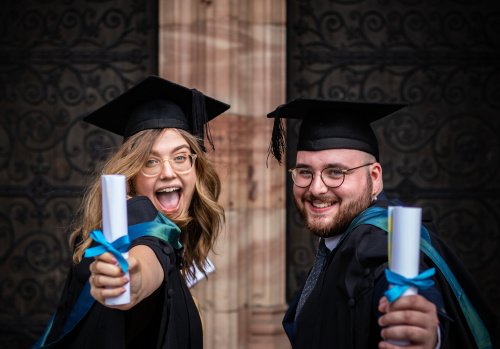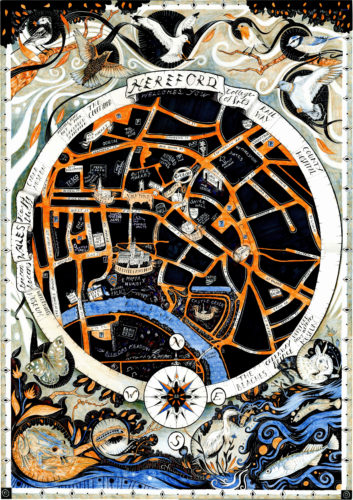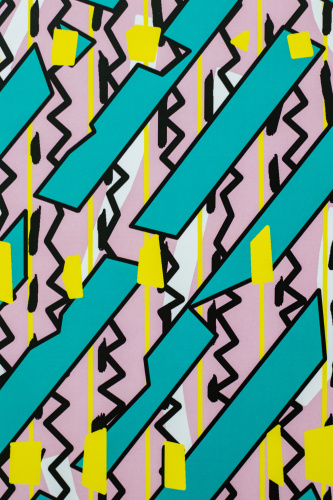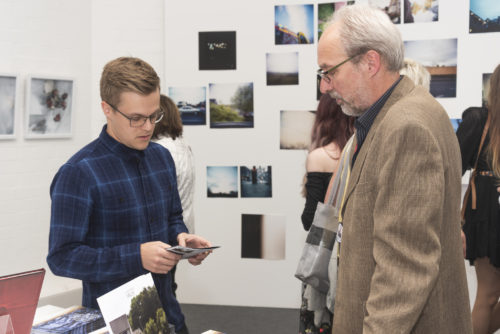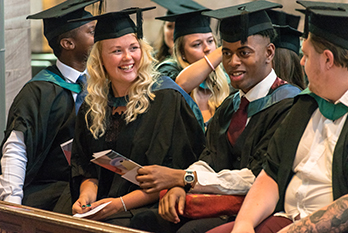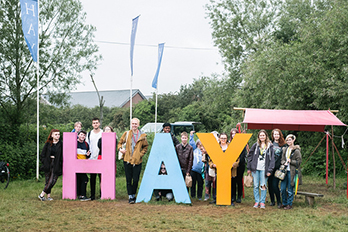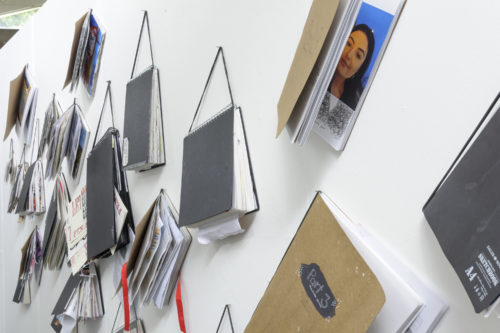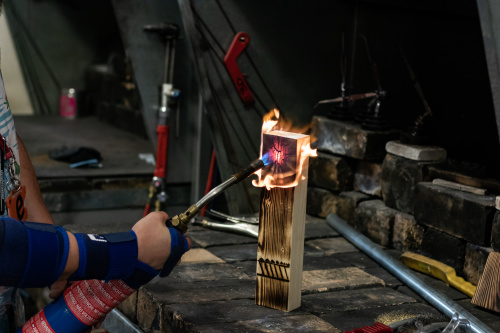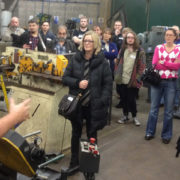Creative Tea #2: A conference, short films and a book
Published on 30.11.16
4 minute read Thanks enormously to all those who attended the creative tea last week. It was a cold, gloomy November night that was brightened up by Holland’s ‘Fika’. The focus of the tea was on ideas of knowledge-exchange, and the strands I drew from the meeting were ideas of knowledge-exchange as process, the
Categories
4 minute read
Thanks enormously to all those who attended the creative tea last week. It was a cold, gloomy November night that was brightened up by Holland’s ‘Fika’.


The focus of the tea was on ideas of knowledge-exchange, and the strands I drew from the meeting were ideas of knowledge-exchange as process, the live moment and the validation of quality embodied in a book.
Particular thanks must go to James Smith, who shared his conference experience and insights with us. You can read more about these here, but it was also interesting to hear about the value James placed on this way of sharing information. He placed great emphasis on the importance of mixing different disciplines as a way to gain fresh insights and create ideas that have the potential to be socially valuable.
I am looking forward to how we might create such spaces within and outside the curriculum here at Hereford College of Arts. I can see how our curriculum development work moves towards the creation of multi-disciplinary ‘freedom’ spaces alongside elective modules and collaborative modules; I wonder if these might be a starting point for the kinds of scholarly spaces that James described so vividly?
Dan Hawarth-Salter then joined us to discuss two very exciting forms of knowledge-exchange. Dan uses the professional project management application ‘Basecamp’ in his teaching practice. This acts both to enable students on the BA (Hons) short film course to become used to tools that are likely to be used in the ‘real world’ and captures practice as it occurs. Knowledge-exchange here becomes embedded in practice, not only in Dan’s work with his students but with external employers. If Dan wants to share practice he simply invites you to join the site. Of course, short films themselves are another way to knowledge-exchange – easily accessible to many and by no means limited as to the complexity and ideas presented in the content. I would love to work more closely with Dan regarding these as a way to share scholarly practice and develop scholarship in our sector as part of The Scholarship Project.
Finally, Simon Denison brought forward ideas around the well-produced book. Simon emphasised the importance of quality here and the academic validation that comes from working with publishers. He mentioned his own trajectory as a photographer and the importance of his publications, which, through being placed in University libraries mean his work is frequently written about. He has, effectively, become part of the canon of twentieth-century photography not because of his teaching or academic profile but because he has been peer-reviewed, edited and published.
These three different ideas areas to consider are all interesting. I am keen to develop our live knowledge-exchange spaces as a community through organising a ‘festival of ideas’ or simply a conference at the end of this year. But what this looks like will be down to us. I think we all left with much to think about but with the strong sense that beyond the live event, whatever we produce as a collective must be reviewed and peer-assured for quality, no matter how large or small our production might be.
Further details of speakers and links:
Craft’s Council’s Make:Shift conference: http://www.craftscouncil.org.uk/what-we-do/makeshift/
Daniel Hawarth-Salter: http://www.danhaworthsalter.co.uk/portfolio/objects
Simon Denison: http://www.simondenison.co.uk/
Huge thanks to all who attended and contributed to the discussion. Poster below:

